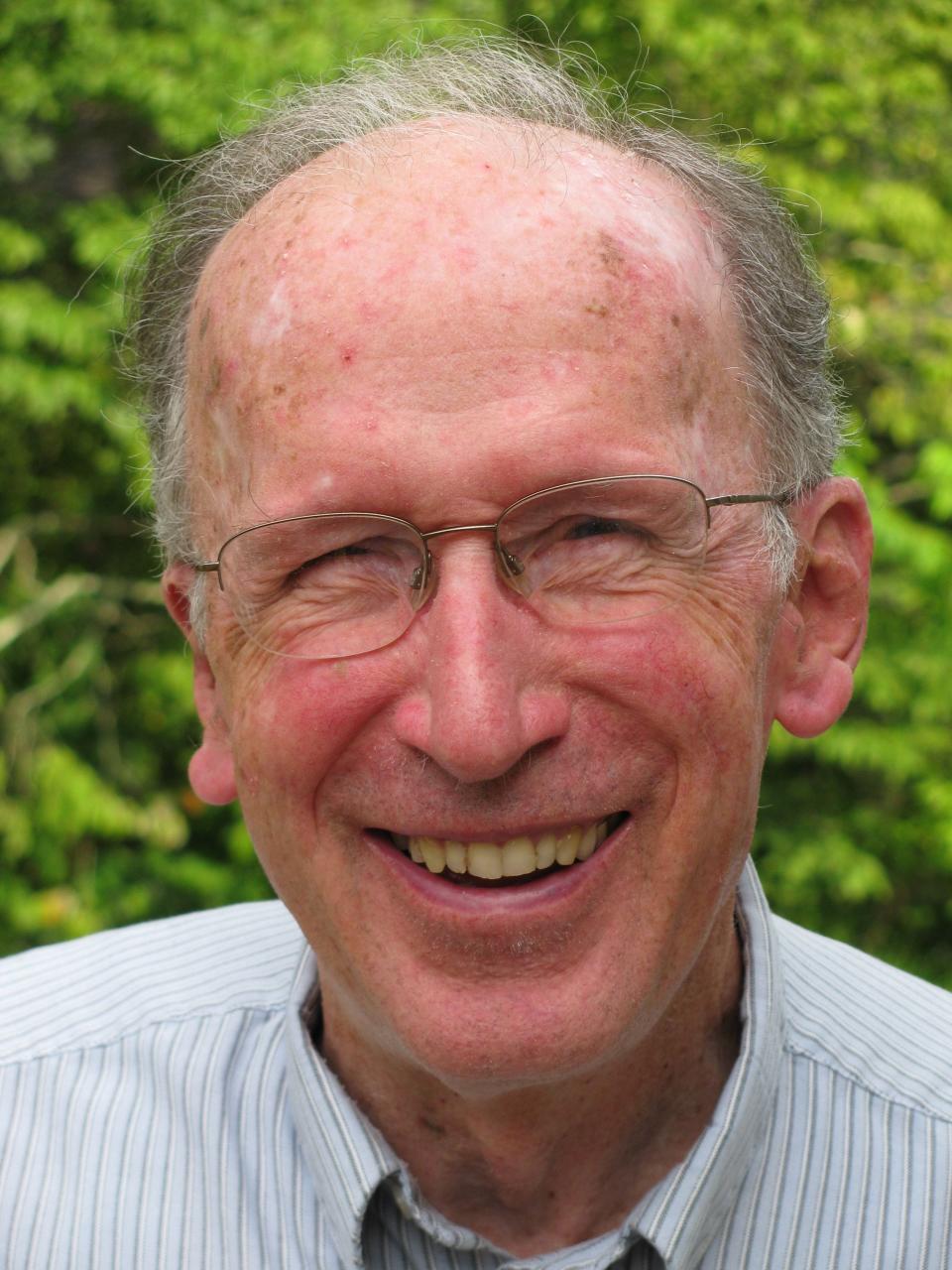Opinion: Healthy self-esteem helps us recognize our common humanity
- Oops!Something went wrong.Please try again later.
Human beings like to think well of themselves. A term for this is self-esteem. In trying to understand the large-scale turn to Christianity by indigenous people on Taiwan, I found the concept of self-esteem very useful as it was used by a social psychologist. The social psychologist was Henri Tajfel, a Polish Jew who escaped the Nazis before World War II, ending up in Great Britain. He became a leader in “social identity theory,” which was used to understand the many kinds of conflicting ethnic relationships in Europe. The concept of self-esteem became useful for me in understanding what happened before my eyes on Taiwan.
The indigenous people of Taiwan, of which there are some 18 recognized groups, make up only about 2% of the Taiwan population, but soon became about 40% of the church population, as they welcomed Christianity. I had just begun work in Taiwan in the Presbyterian church and was bowled over by the responsiveness of the indigenous population. I had grown up in China and was used to hostility from many people. Of course, the hostility was for good reasons because of the long period of foreign domination, especially through the period of “unequal treaties” and the Opium War that forced China to buy opium in the name of free trade. I am glad a statue has been built in New York city honoring the “drug fighter” who fought the attempt to force China to buy opium.
The indigenous people on Taiwan were not aware of Western colonialism. They were under Japanese rule as a colony of Japan from 1895 to the end of World War II in 1945. They did not experience domination from white colonialists. However, the indigenous people were generally looked down on by the majority Taiwanese-Chinese population on Taiwan. In fact, they were often called “savages.” The most significant encounter they had with Christianity before I arrived in 1956 was with Christian Taiwanese and Western missionaries. I entered a study program at Emory University to gain clues to explain the large positive response to the Christian message. It was then that I came across Henri Tajfel and other social identity scholars and their recognition of the importance of self-esteem. I saw that becoming Christians greatly raised the self-esteem of the indigenous people.
I clearly remember meeting with a group of young people who were waiting to be baptized. I asked them why they wanted to be baptized and they all answered “We want to be children of God!” Reviewing the long history of Christianity, it is not true that Christianity always raised the self-esteem of people. In fact, Christianity was often associated with a conquering army and dominating colonial rulers. This goes back to Constantine when the Christianizing of Rome repelled Persia, Rome’s deadly enemy. Many times later in history the converted European tribes became oppressive colonial powers. Nevertheless, there were important times when Christianity supported raised self-esteem.
More: Opinion: Trump is an autocrat who craves power and would be dangerous for our democracy
More: Opinion: 'Of the people, by the people, and for the people' should be ideal government
A recent example of Christianity contributing to the self-esteem of a people is the case of Korea. Christian missionaries sympathized with and in some cases openly supported Korean nationalism when Korea was under the domination of Japan. Koreans came to see Christianity as supporting Korean nationalism in opposition to Japanese domination.
Self-esteem can be a healthy emotion, but it is not an unvarnished good emotion. We are familiar with those who we feel have too much self-esteem, so much so that they look down on those who do not look like them. We conclude that there is a healthy self-esteem, which we often call self-respect, and an unhealthy self-esteem which causes people to look down on others, as in white supremacy. Healthy self-esteem includes a humble recognition that like all people we are subject to evil influences that appeal to our pride and self-concern. Healthy self-respect means recognizing our common humanity with all people. We can grow in our care and concern for others that includes humane attitudes and behaviors towards others and building good relationships with others.
At this moment the people of Ukraine and Taiwan are standing for the survival of their democracies, which includes their self-esteem as free people. We must support this self-esteem. Americans certainly hold our free democracy with high self-esteem, but only because we can point to those who came before us who suffered and died for our freedom. We will always need the integrity, truthfulness and courage to stand for the principles of our democracy and our own self-respect.

Rev. Robert L. Montgomery, Ph.D., lives in Black Mountain.
This article originally appeared on Asheville Citizen Times: Opinion: Supporting self-esteem and democracy for people of Ukraine

